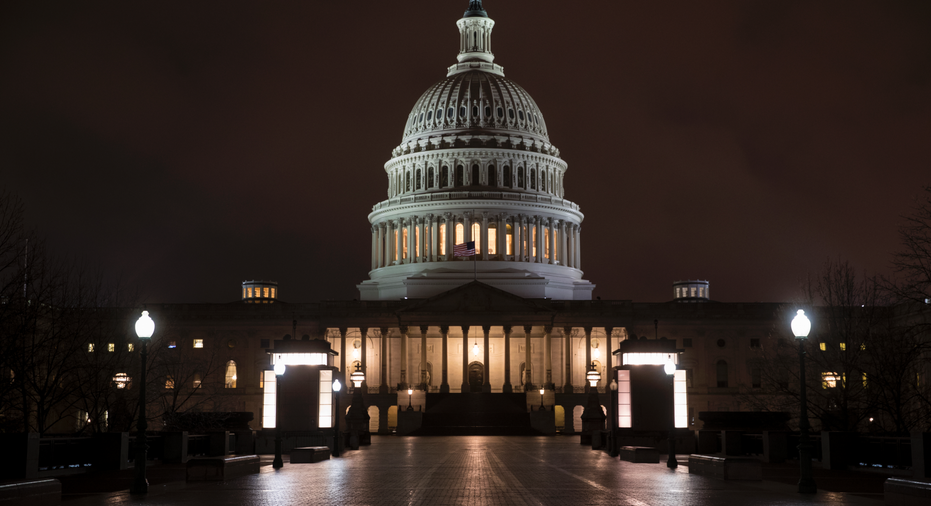Highlights of massive spending bill nearing congressional OK

WASHINGTON – The $1.3 trillion spending bill the House approved Thursday is so big that lawmakers are using it as a prop.
A foot tall and 2,232 pages long, the legislation keeping the government running through September has plenty for many members of Congress to like and for others to detest.
No. 2 House Democratic leader Steny Hoyer of Maryland slammed the stack of paper onto a House clerk's desk as he denounced the lack of time lawmakers had to digest it, shouting, "Join me in the well if you've read this bill."
No one budged. To have met his challenge, Hoyer's colleagues would have needed to skip sleep and cover 131 pages an hour between its Wednesday evening introduction and House passage Thursday afternoon.
A look at the bill's highlights:
—$700 billion for defense, $61 billion over the last year, biggest annual defense boost in 15 years. Increases for weapons procurement including 14 Navy ships, bolstering missile defenses. Funds 2.4 percent pay raise for troops.
—$591 billion for domestic programs. Almost $5 billion to battle abuse of opioid drugs, $3 billion more than last year. National Institutes of Health get $37 billion, up $3 billion from 2017. More money for road building, rural water projects, the FBI, NASA, the IRS. Provides $4 million for anti-harrassment training for lawmakers and congressional aides.
—$1.57 billion for President Donald Trump to begin building his wall with Mexico, and to generally bolster border security.
—Holds the Environmental Protection Administration to last year's $8 billion. Rejects Trump effort to cut spending for cleaning up Great Lakes, Chesapeake Bay, other areas.
—$380 million to improve election security.
—Prods federal agencies, states to send records to the federal background check system for gun buyers that they're already supposed to provide.
—Fixes mistake in GOP tax bill giving tax advantage to farmers selling to cooperatives instead of to other buyers. Democrats in return won a more generous low-income tax credit.
—Bars employers from taking workers' tips, lets workers who successfully sue recover tips plus damages.
—Eases ability of states to get federal money for abstinence education.
—No specific money for proposed new rail tunnel under Hudson River. An aide to a chief proponent, Senate Minority Leader Chuck Schumer, D-N.Y., says the so-called Gateway project should still get more than half of the $900 million sought.
—No protections against deportation for hundreds of thousands of young Dreamer immigrants, which Trump has halted. No penalties Republicans wanted for "sanctuary cities" that refuse to help federal authorities find immigrants here illegally.
—No restoration of federal payments that Trump ended for insurers who lower deductibles and co-payments for lower-earning consumers, no new subsidies to help insurers cover expensive customers. Both proposals, which had bipartisan support, were aimed at curbing the growth of premiums. Bargainers clashed over many differences, including proposed GOP abortion restrictions.
__
Associated Press writer Matthew Daly contributed to this report.



















